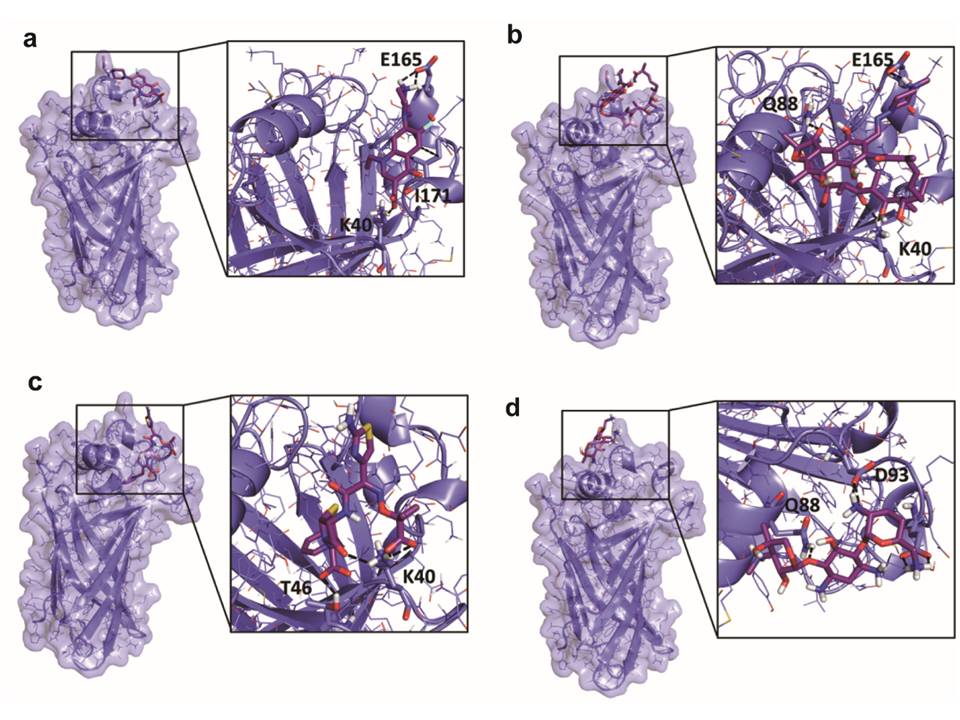
A soluble bacterial lipocalin increases resistance to diverse antibiotics in vitro and in vivo upon exposure to sublethal antibiotic concentrations.
Current research on antibiotic action and resistance focuses on targeting essential functions within bacterial cells. A collaborative work recently published in the journal Mbio has reported the discovery of a previously unrecognized mode of general bacterial antibiotic resistance operating in the extracellular space, which depends on bacterial protein molecules called lipocalins.
Biological and X-ray crystal structure studies, together with computational modeling performed by Martín-Santamaría´s group at CIB, revealed that lipocalins counteract antibiotic action by capturing antibiotics in the extracellular space.
The authors also discovered that liposoluble vitamins, such as vitamin E, overcome in vitro and in vivo antibiotic resistance by binding to the bacterial lipocalins with higher affinity than antibiotics, providing an unexpected new alternative to combat resistance by using this vitamin or its derivatives as antibiotic adjuvants.
Reference: Antibiotic Capture by Bacterial Lipocalins Uncovers an Extracellular Mechanism of Intrinsic Antibiotic Resistance. Omar M. El-Halfawy, Javier Klett, Rebecca J. Ingram, Slade A. Loutet, Michael E. P. Murphy, Sonsoles Martín-Santamaría, Miguel A. Valvano. MBio, 2017, 8(2), pii: e00225-17. doi: 10.1128/mBio.00225-17

